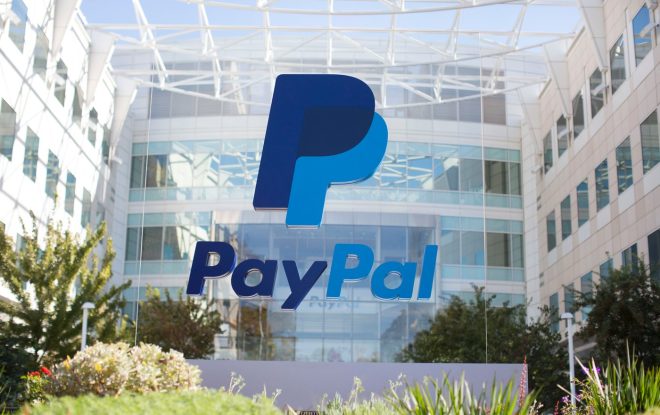The Fed interrupted the stock market’s Trump rally. What comes next?
The U.S. stock market’s post-election rally hit a speed bump. It was probably due for a pullback after surging in the wake of Donald Trump’s Nov. 5 presidential election victory, the only question was what would be the catalyst.
Up stepped Federal Reserve Chair Jerome Powell in a Thursday appearance in Dallas.
Powell reminded investors that the Fed wasn’t in a rush to deliver the next interest rate cut in the face of a resilient economy, singing much the same tune he warbled after the Fed’s Nov. 7 rate cut — a 25-basis-point reduction that followed October’s 50-basis-point cut.
But it seemed to land differently on the ears of investors, absent the immediate postelection euphoria, raising concerns about the pace of future Fed rate cuts and the path ahead for market interest rates. Those considerations and how they intersect with Trump’s economic plans are likely to call the tune for markets in the weeks ahead.
Major stock indexes extended modest losses after Powell’s remarks on Thursday. They took a leg sharply lower Friday, leaving the Dow Jones Industrial Average DJIA with a weekly loss of 1.3%, the S&P 500 SPX down 2.2%, and the tech-heavy Nasdaq Composite COMP off 3.3% after all three ended at records Monday. The small-cap Russell 2000 RUT, a prime beneficiary of so-called Trump trades, suffered a weekly drop of more than 4%.
The pullback follows the best week of 2024 for U.S. stocks. Since the market close on Election Day, the S&P 500 holds a gain of 1.5%, the Dow is up 2.9% and the Nasdaq up 1.3%. The small-cap Russell has added 1.9% over that stretch.
Powell’s remarks also followed U.S. inflation data that remained a bit firmer than expected earlier in the week. They also came alongside comments from other Fed officials who made clear a December rate cut isn’t baked in the cake. Cue a rise in Treasury yields, which had already accelerated their upswing in the wake of Trump’s victory, and stocks were soon feeling the heat.
“Up until now, the markets have looked past the rise in rates — with the S&P 500 up 6% since 10-year yields bottomed two months ago. However, if the 10-year Treasury yield breaches the 4.5% level, the equity market could come under pressure and lead to a near-term pullback,” said Larry Adam, chief investment officer at Raymond James, in a Friday note.



Leave a Reply